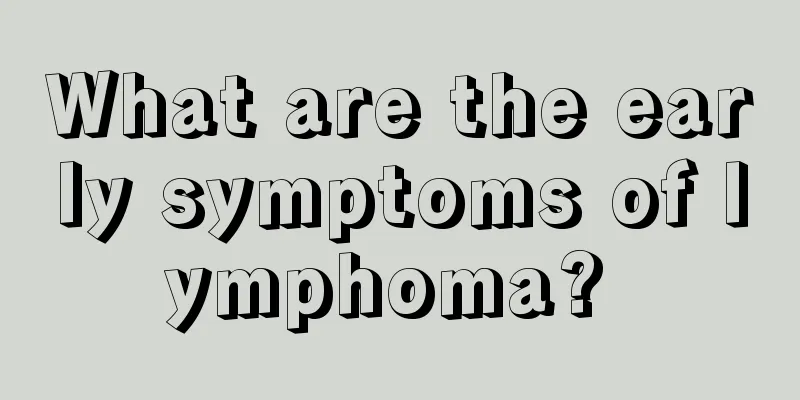What are the early characteristics of tongue cancer

|
When many people have oral ulcers, they usually go to the pharmacy to see a doctor or buy some medicine. Few people would think that this is one of the causes of tongue cancer. In fact, oral ulcers are one of the early signs of possible tongue cancer. In order to attract everyone's attention, we will introduce the early signs of tongue cancer below. Most of the early symptoms of tongue cancer are not obvious. In the early stage, it manifests as small mucosal nodules, which gradually form obvious lumps and ulcers. When combined with infection, it causes severe pain, which radiates to the face and ears on the same side. When tongue cancer invades the floor of the mouth, tongue movement is restricted, the tongue is fixed, eating is difficult, and speech is unclear. Squamous cell carcinoma of the tongue body is more likely to occur in the middle 1/3 of the tongue edge, followed by the tongue belly and the northern part of the tongue. It can appear red and white, with a smooth surface or fine granular, and a few have ulcers. Tongue cancer initially presents as local tissue thickening plaques, mucosal or submucosal nodules, local erosions and fissures, and gradually forms nodules and lumps. Ulcers with slightly raised edges may appear in the center of the mass, with slight pain or no conscious symptoms. As the disease progresses, the lesions infiltrate and ulcerate deeper into the surrounding tissues, causing severe pain, bad breath, salivation, tongue movement disorders, and even affecting speech and swallowing. After the lesion ulcerates, local secondary infection occurs, with symptoms such as tissue necrosis, bleeding, and fever. Tongue cancer usually occurs at the edge of the tongue, followed by the tip and back of the tongue. Tongue cancer can manifest in three early stages: ulceration, exophytic, and infiltrative. In some cases, the first symptom is only tongue pain, which can sometimes be reflected to the temporal region or ear. The exophytic type may be caused by the malignant transformation of papilloma. The infiltrative type may have no protrusions or ulcers on the surface, which is the easiest to delay the disease, and patients often cannot detect it early. If there are small papilloma on the tongue mucosa that have not changed for many years but suddenly grow rapidly, the surface color darkens, and is accompanied by symptoms such as itching, pain and discomfort, you should be alert to tongue cancer and see a dental hospital as soon as possible. |
<<: What are the early symptoms of tongue cancer
>>: Symptoms of tongue cancer at different stages
Recommend
Does the more you cut your hair, the faster it grows?
Everyone wants to have a head of black hair, but ...
Can people with high cholesterol eat abalone?
We know that fish is particularly good for our bo...
Causes of fast heart rate in the morning
A fast heart rate is a very common symptom. Gener...
What are the early symptoms of thyroid cancer? Pay more attention to these abnormalities
The thyroid gland is the largest endocrine gland ...
Early symptoms of uterine cancer
Uterine cancer is a common gynecological malignan...
The difference between pressed powder and liquid foundation
Every girl has her own dream, and every girl want...
What does the prenatal blood test include
For pregnant women, prenatal blood tests are also...
Disadvantages of Red Non-Soft Peach
Red not soft peaches are a type of peach that is ...
Why are the watermelon seedlings turning yellow?
In summer, watermelon is one of the most popular ...
Enlargement of the pancreatic tail
Enlargement of the tail of the pancreas is common...
Note on exercise after esophageal cancer surgery
Regular exercise during the recovery period after...
Will softening hair hurt the hair? Will it damage the hair quality?
Female friends usually do their hair, perming and...
Dizziness after treatment of nasopharyngeal carcinoma
Dizziness after nasopharyngeal cancer treatment 1...
How to prevent lung cancer
Cancer does not occur suddenly. Animal experiment...
Can the ink on clothes be washed off
Normally when using a fountain pen, I am afraid t...









